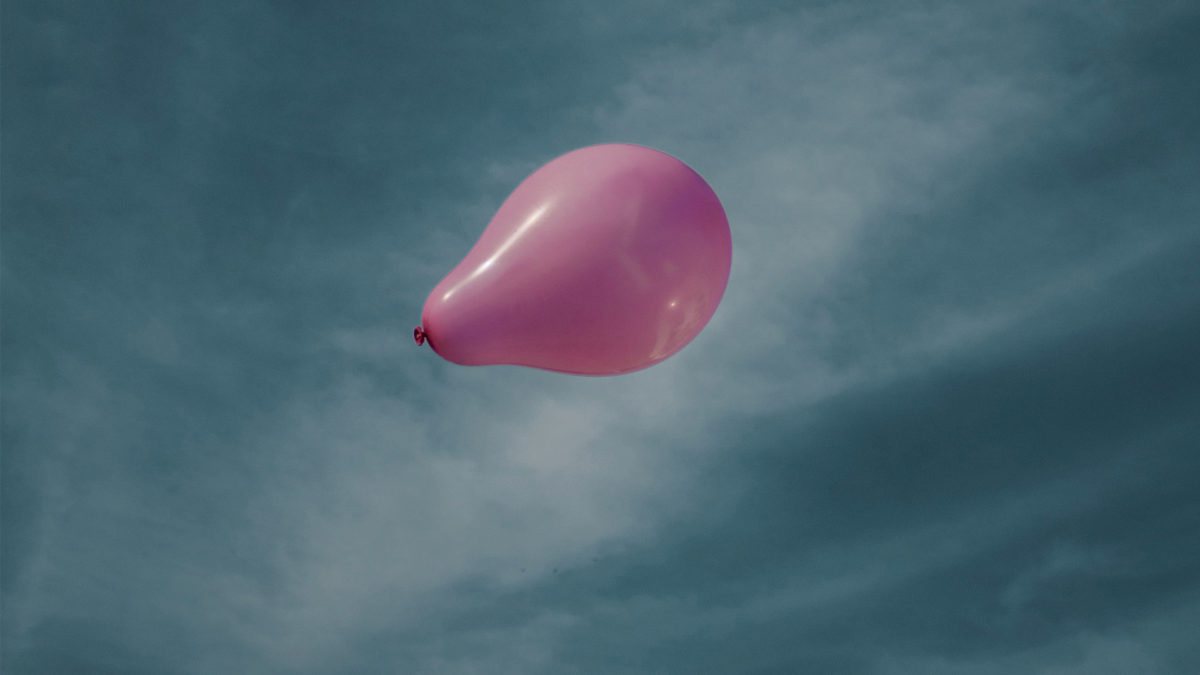There is something overwhelmingly nostalgic about the first day of school. No matter how many Septembers come and go or how many new classes full of students I stand in front of, the feeling is the same. Every new September is a culmination of each previous one, distilling a very complex mixture of emotions. I’m not really a warm weather person, so the lure of autumn is strong; new school supplies, blowing leaves, toasty sweaters, and delicious pumpkin goodies. I love the line from You’ve Got Mail, when Tom Hanks’ character writes, “Don’t you love New York in the fall? It makes me want to buy school supplies. I would send you a bouquet of newly sharpened pencils if I knew your name and address.”
Everything seems crisper in those last golden days of summer, when the light seems like honey and the shadows creep in from the evening sooner and sooner. The new sharpness and scents on the morning air simultaneously makes me happy and often fills me with a piercing longing. This association between autumn and nostalgia is often commented on: C. S. Lewis calls this feeling “that unnameable something, desire for which pierces us like a rapier at the smell of bonfire [or] the sound of wild ducks flying overhead.” While fall is rife with nostalgic pitfalls for me, there are many things that plunge us into the past; we hear a certain song or smell the ocean or cedar trees, and we are at once taken back to a particular time and place dictated by emotion and memory.
The painful pleasure of this feeling is a powerful lure. We seek out it out, revelling in its melancholy and poignancy. I sometimes think that much of our popular culture is built on nostalgia. Consider my favourite TV series of the summer, Stranger Things. While I enjoyed the story and the characters, what really captivated me was the lure of my 80’s childhood. Every episode was a window to my past – the music, the freedom of after school bike-riding, the awesome fashion choices. Even the light of the series seems to linger in the early evening, with a pang that has an almost physical effect. The world was so lovingly recreated that I joyfully wallowed in it.
Of course, entertainment capitalizes on this effect. There is a continuous parade of remakes, transforming our childhood passions into multi-million dollar franchises. Nostalgia, however, can move into many other aspects of our lives, prompting us to recreate what is so often a counterfeit past. We remember only what we wish to, without the complexity and wider perspective that adult understanding should bring to situations. Socially and politically, nostalgia can lead us in attempts to return to a past greatness that could more fittingly be called mythology than reality.
The question is, when we return in our minds to our mythical past, what are we actually desiring? It’s not a specific experience that I long for; it is instead a feeling, a sense of contentment and belonging. What I long for is the belief that all within my world and within my own heart is at peace. Consciously or not, we believe that this state lies in the past and to achieve it we must reach backwards. However, there is a kind of disappointment in returning home because our minds view the past through the blur of the most golden of Instagram filters. In truth, those moments were most likely full of the conflicting and turbulent emotions of children. We think we are looking backwards, but if we were to actually return to the place we seek, we would find it only a pale reflection of our expectations.
These longings will only be fulfilled, finally and completely, within the presence of the one who knows us fully and loves us wholly, in the kingdom of Heaven.
D. H. Lawrence, in remembering his Sunday evenings at home around the piano, writes, “The glamour/Of childish days is upon me, my manhood is cast/Down in the flood of remembrance, I weep like a child for the past.” While his sadness makes his past both vivid and desirable, he is aware that it is a glamour, a spell of illusion that covers all the cracks of reality. We too are aware of the illusion. Our lives are full of unfilled longings, for golden days, for evenings of warmth and safety and for moments of joy unencumbered by the knowledge of the pain of mutability. None of these longings can be fulfilled in any present moment or even in the memory of past moments, which were in themselves insufficient. C.S. Lewis discusses this in his sermon “The Weight of Glory.” He writes,
Apparently, then, our lifelong nostalgia, our longing to be reunited with something in the universe from which we now feel cut off, to be on the inside of some door which we have always seen from the outside, is no mere neurotic fancy, but the truest index of our real situation. And to be at last summoned inside would be both glory and honour beyond all our merits and also the healing of that old ache.
Paul writes about this longing in his letter to Corinthians; he says, “For we know that if the tent that is our earthly home is destroyed, we have a building from God, a house not made with hands, eternal in the heavens. For in this tent we groan, longing to put on our heavenly dwelling.” It is when we put on our heavenly dwelling that that we will, at last, be freed from the pain and yearning that comes from being imperfect creatures oppressed by the passage of time, always moving forward but looking backwards. We return to our pasts with longing because our present is filled with all of the small disappointments of life and the grief that comes solely from our own brokenness and insufficiency. These longings will only be fulfilled, finally and completely, within the presence of the one who knows us fully and loves us wholly, in the kingdom of Heaven.
So as the last summer days grow shorter and the smell of leaves and woodsmoke hang in the air, be reminded that the sharp pang of nostalgia is not really for the past, it is instead “the scent of a flower we have not found, the echo of a tune we have not heard, news from a country we have never yet visited.” And it is when at last we reach that far country that we will look back and see that all our best moments were only shadows and signposts of the glory that will be, where time passes without the threat of mortality and where all our sadness is transformed into joy.




